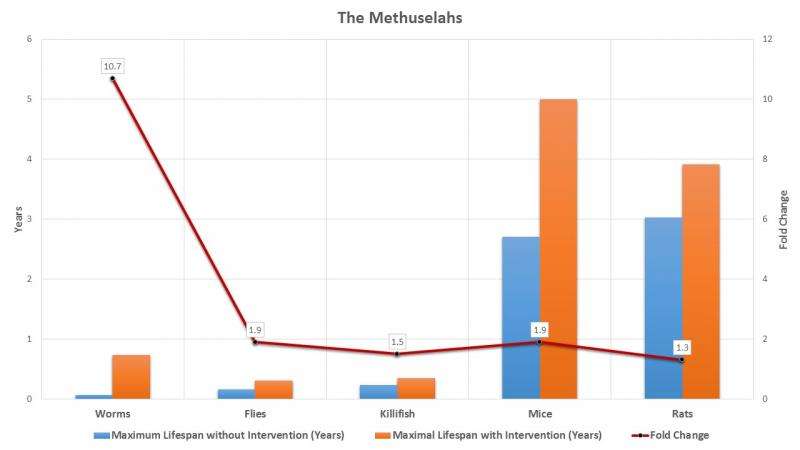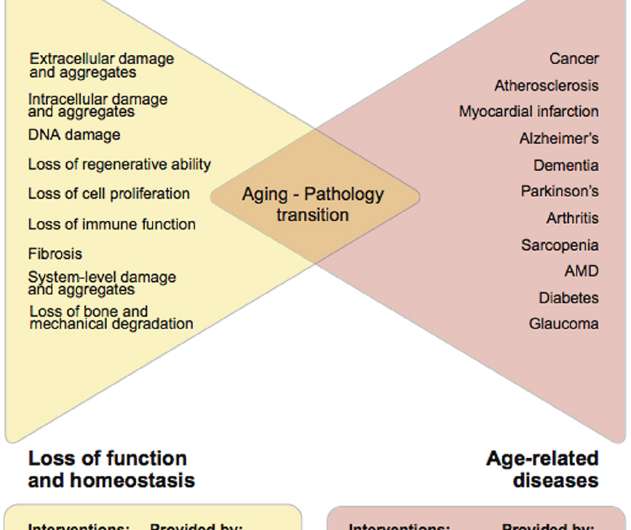Biogerontology Research Foundation calls for a task force to classify aging as a disease

The first paper published on June 15th, the authors provide a set of arguments for classifying ageing as a disease. The paper by Bulterijs, Roy and colleagues propositions that disease classification is too often dependent on social and cultural context, and that separating 'normal' progression from 'healthy' aging lacks coherence and hinders efforts to ameliorate age-related suffering. For example, several currently recognized diseases, such as osteoporosis, isolated systolic hypertension, and senile Alzheimer's disease, were in the past ascribed to normal aging. Recognising aging as a unique, but multisystemic disease would provide a framework to tackle and prevent many chronic conditions; alleviating both financial, social and moral burden.
The second paper calls for a task force to be created to classify ageing as a disease with a granular and actionable set of disease codes in the context of the 11th International Statistical Classification of Diseases and Related Health Problems (ICD-11).
Classifying aging as a disease is a highly debated topic, where there is clear disagreement among demographers, gerontologists and biogerontologists on the subject, classification of aging as a disease is likely to unite both scientists and medical practitioners in the effort to prevent the pathological age-related processes and attract more resources to aging research.
In part, the report calls for creating a task force of scientists to more thoroughly evaluate whether to provide a more granular and actionable classification of aging as a disease in ICD-11. "A more granular classification of ageing as a disease with a set of "non-garbage" ICD disease codes will help put it in the spotlight and help attract resources to accelerate research. Also, like with any disease, acceptance of the disease is the first step to treatment", said Alex Zhavoronkov, PhD, Chief Science Officer of the Biogerontology Research Foundation.

More information:
journal.frontiersin.org/articl … gene.2015.00326/full
journal.frontiersin.org/articl … gene.2015.00205/full


















